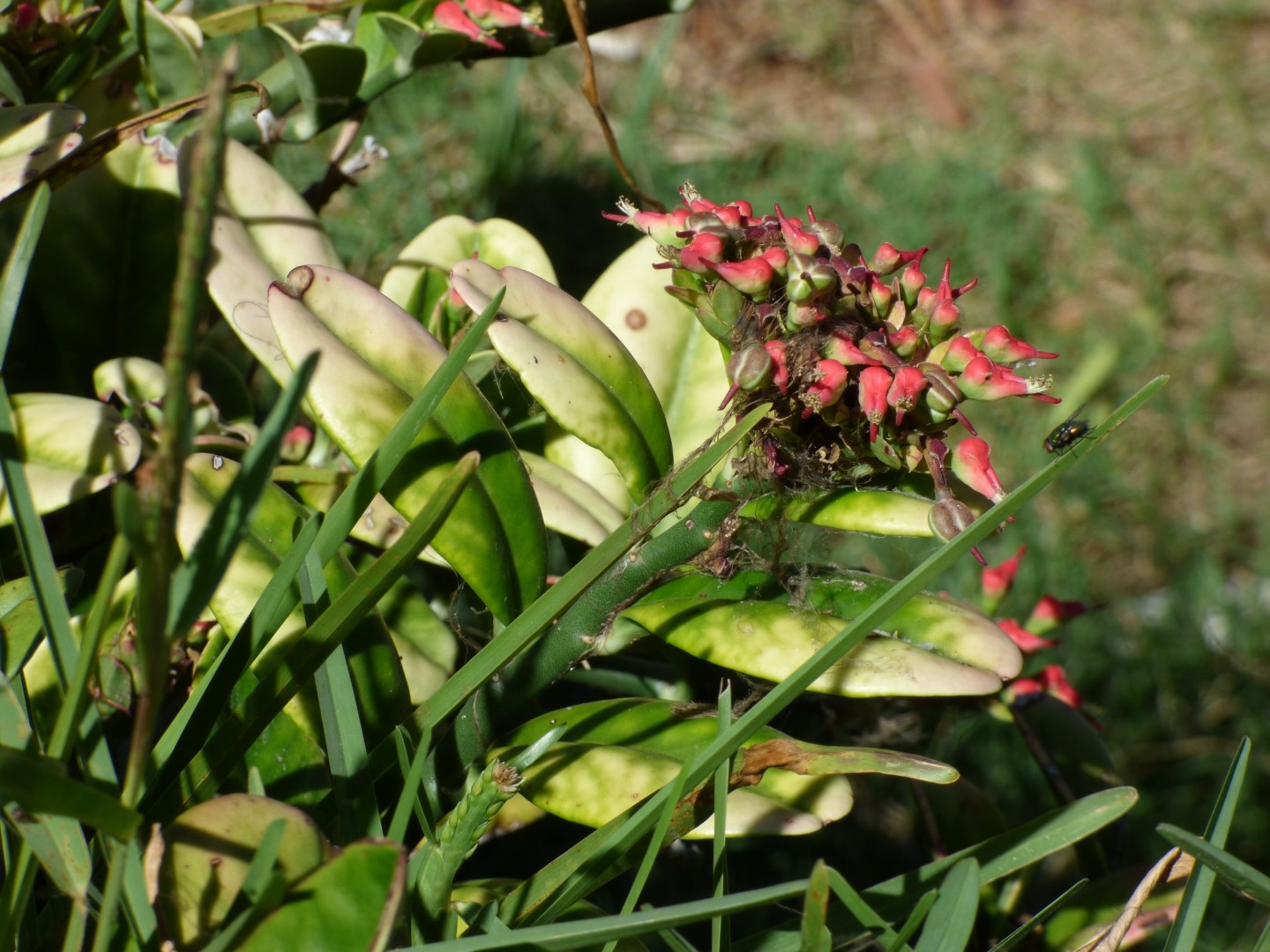Introduction – Why Is My Bird Biting Me All of a Sudden?

Birds are captivating pets, known for their beauty, intelligence, and strong bonds with their owners. However, it can be disconcerting when our feathered friends suddenly start biting. In this article, we will explore the reasons behind this behavior and effective strategies to address and prevent it.
If you find yourself in this situation, you’re not alone. Many bird owners have experienced their pets biting unexpectedly, even after years of harmonious interactions. While biting may seem aggressive, it’s important to approach it with an open mind and consider various factors that could contribute to this change in behavior.
In the following sections, we will delve into potential causes for sudden biting behavior, including territorial behavior, unhappiness, and fear. Understanding these underlying reasons is crucial in nurturing a harmonious relationship with our feathered companions.
So, if you’ve ever wondered why your bird is biting you all of a sudden, join us as we unravel the mystery and discover solutions to restore peace and harmony in your avian-human relationship. Let’s explore the fascinating world of bird behavior and find ways to create a safe and fulfilling environment for our feathered friends.
What Could Be Causing the Biting?

Biting is a common issue that bird owners may face, and understanding the underlying reasons behind this behavior is crucial for finding effective solutions. Several factors can contribute to a bird’s sudden biting behavior, including territorial behavior, unhappiness, and fear.
Territorial Behavior
Birds are naturally territorial creatures, and when they perceive a threat to their territory, they may become aggressive, which can manifest as biting. Changes in the bird’s environment, such as introducing a new cage or rearranging its living space, can trigger territorial behavior. To address biting caused by territorial behavior, respect the bird’s personal space, establish boundaries, and provide a consistent routine.
Unhappiness
Just like any other pet, birds can experience unhappiness and stress. Factors such as lack of mental or physical stimulation, inadequate social interaction, or a monotonous environment can contribute to a bird’s unhappiness, which may manifest as biting behavior. To mitigate biting caused by unhappiness, provide a stimulating and enriching environment with toys, puzzles, and activities that cater to the bird’s instincts. Regular social interaction and companionship are also vital.
Fear
Fear is another common trigger for biting in birds. Loud noises, sudden movements, unfamiliar people or animals, or traumatic experiences can frighten a bird and cause it to react defensively by biting. Addressing biting resulting from fear requires creating a safe and secure environment, minimizing exposure to potential threats, and gradually desensitizing the bird to fearful stimuli.
Remember, each bird is unique, so it’s essential to consider individual differences and specific circumstances when addressing biting behavior. By understanding the underlying causes of biting, such as territorial behavior, unhappiness, and fear, you can take appropriate steps to create a harmonious and trusting relationship with your feathered companion.
Continue with Section 3: How To Stop The Biting
How to Stop Biting Behavior in Your Bird

Create a Safe Environment
To prevent biting, it’s crucial to establish a safe and secure environment for your bird. Follow these steps to ensure your bird feels protected:
- Properly size and maintain the cage: Ensure your bird has enough space to move comfortably. Regularly clean the cage for hygiene.
- Choose a quiet location: Place the cage away from loud noises and direct sunlight or drafts that can cause stress.
- Provide hiding spots: Create perches or small hiding spots within the cage for your bird to seek refuge when feeling threatened.
- Minimize sudden movements or loud noises: Avoid startling your bird with sudden gestures or loud sounds.
Provide Toys and Stimulating Environment
Boredom and lack of mental stimulation can contribute to biting behavior. Keep your bird entertained with these tips:
- Offer a variety of safe toys: Provide toys that are appropriate for your bird’s species, made of bird-safe materials.
- Rotate toys regularly: Keep the environment interesting by rotating toys every few days.
- Include foraging and puzzle toys: Stimulate your bird’s natural foraging behavior with puzzle toys or treat-dispensing toys.
- Incorporate natural materials: Satisfy your bird’s need to chew and explore by including branches, ropes, or chewable toys.
Spend Quality Time with Your Bird
Birds are social creatures and require regular interaction. Here’s how you can spend quality time with your bird:
- Daily interaction: Make it a habit to spend time with your bird every day to prevent loneliness or boredom.
- Engage in activities: Talk, sing, play games, or teach tricks that stimulate your bird’s senses and keep them entertained.
- Observe body language: Pay attention to your bird’s cues to understand when they want attention or need a break.
Establish Trust
Building trust is essential in reducing biting behavior and strengthening your bond with your bird. Consider these tips:
- Be patient and consistent: Trust takes time to develop, so be patient and provide a safe and positive environment consistently.
- Use positive reinforcement: Reward your bird for good behavior with treats, praise, or gentle petting to associate positive outcomes with good behavior.
- Avoid punishment: Instead of punishment, focus on positive reinforcement and redirecting undesirable behaviors.
Conclusion – It’s Up to You

Understanding the reasons behind biting behavior is crucial for effective resolution. Factors such as territorial behavior, unhappiness, or fear can contribute to biting. By implementing strategies to create a safe environment, providing stimulating toys, spending quality time, and building trust, you can work towards stopping biting behavior and fostering a healthier and happier relationship with your bird. Remember, patience, consistency, and positive reinforcement are key in addressing this issue. With your dedication and love, you can help your bird overcome biting and create a more enjoyable and rewarding companionship.
Resource List


- Avian Welfare Coalition
- The Parrot Society UK
- BirdChannel.com
- Birdtricks.com
- The Spruce Pets – Parakeets
Conclusion: Empowering Bird Owners
Throughout this article, we have delved into the causes of sudden biting behavior in birds and explored effective strategies for addressing and preventing it. As a responsible bird owner, the onus is on you to tackle this issue head-on.
Recap of Key Points
We have discovered that sudden biting can stem from factors such as territorial behavior, unhappiness, and fear. Understanding these triggers is vital in effectively dealing with the problem.
The Power of Observation
To combat biting behavior, closely observe your bird’s actions and identify patterns or triggers associated with biting episodes. By discerning what provokes your bird, you can proactively prevent future incidents.
Seeking Professional Assistance
If your bird’s biting behavior persists or escalates, it is advisable to seek help from a veterinarian or avian behaviorist. These experts offer specialized guidance tailored to your bird’s specific needs.
Patience and Consistency: The Key to Success

Modifying a bird’s behavior requires time and consistency. Maintain patience and consistency in your training and interactions. Establishing a routine and nurturing a calm and positive environment will encourage your bird to develop desirable behaviors.
Harnessing Positive Reinforcement
Positive reinforcement techniques, such as rewarding desired behaviors and redirecting negative ones, are highly effective in shaping your bird’s behavior. Employ treats, praise, and affection to motivate your bird towards positive actions.
Tailoring Your Approach
Every bird is unique, necessitating customized training methods and strategies. Be flexible and willing to adapt your approach to suit your bird’s individual personality, preferences, and needs.
In conclusion, understanding the reasons behind sudden biting behavior in birds and implementing appropriate strategies are crucial for fostering a harmonious relationship with your pet. By creating a safe environment, providing mental and physical stimulation, spending quality time, and building trust, you can help your bird overcome biting tendencies. Remember, the power to cultivate a happy and healthy bond with your feathered companion lies in your hands.
Resource List
- Avian Behaviorist Directory
- Association of Avian Veterinarians
- Bird Behavior and Training
- Creating an Enriching Environment for Your Pet Bird
- Understanding Bird Body Language
- Positive Reinforcement Training for Birds
Resource List
When dealing with sudden biting behavior in birds, it’s crucial to gather information and seek expert advice for effective resolution. Here are valuable resources you can consult to gain insights and guidance:
1. Online Forums and Communities

Explore bird-related forums and communities where owners and enthusiasts share experiences and seek advice. Look for threads specifically addressing sudden biting behavior:
Take note of common reasons and potential solutions mentioned by experienced bird owners. Exercise caution and verify information received.
2. Avian Behavior Experts

Consult renowned avian behavior experts or specialists for valuable insights into tackling sudden biting behavior:
- Dr. Susan Friedman – Renowned animal behaviorist and professor specializing in parrot behavior. Visit The Parrot Behavior Analysis and Learning Center for resources and consultations.
- Barbara Heidenreich – Internationally recognized animal trainer and author specializing in parrot behavior and training. Find educational materials and consultations at Good Bird Inc.
Take note of the techniques, strategies, or resources they suggest.
3. Books and Publications
Gain in-depth knowledge on bird behavior through books and publications written by experts or trainers. Consider these resources discussing sudden biting behavior:
- “The Parrot Wizard’s Guide to Well-Behaved Parrots” by Michael Sazhin
- “Understanding Parrots: Cues from Nature” by Artha Watkins
- “The Perfectly Trained Parrot” by Rebecca K. O’Connor
Look for specific chapters or sections delving into sudden biting behavior and take note of key points, tips, or training methods.
4. Websites and Online Articles

Reliable websites and articles dedicated to bird behavior and training offer a wealth of information on addressing sudden biting behavior:
- The Spruce Pets – Provides articles on bird behavior, training, and problem-solving.
- Bird Channel – Offers a range of articles addressing bird behavior and training.
- Pet Central – Contains a section dedicated to bird care and training.
Take note of tips, techniques, or advice mentioned in these resources to integrate into your approach.
5. Videos and Tutorials

Visual demonstrations can be helpful in managing biting behavior. Check out these YouTube channels and videos:
- BirdTricks – A YouTube channel specializing in parrot training, offering tutorials on biting behavior.
- Bird School – A YouTube channel by Chet Womach, a renowned bird trainer, featuring videos on bird behavior and training.
Watch relevant videos that address sudden biting behavior in birds and consider incorporating demonstrated techniques into your training regimen.
Remember, gathering information from diverse sources and consulting experts provides a well-rounded understanding of the issue and helps you adopt an effective approach to address sudden biting behavior in your bird.
Note: Always consult a veterinarian for any underlying health concerns related to your bird’s behavior.
Frequently Asked Questions
FAQ: Why Is My Bird Biting Me All of a Sudden?
1. How common is sudden biting behavior in birds?
Sudden biting behavior in birds is relatively common among bird owners. It can occur due to various underlying factors such as territorial behavior, unhappiness, or fear.
2. Can health issues cause sudden biting behavior in birds?
Yes, health issues can sometimes contribute to sudden biting behavior in birds. It’s important to rule out any underlying medical conditions by consulting a veterinarian if the biting behavior persists or is accompanied by other concerning symptoms.
3. Is it normal for baby birds to bite suddenly?
Baby birds may exhibit sudden biting behavior as they explore their surroundings and learn about their environment. This behavior is typically a part of their natural development and can be addressed through proper socialization and training.
4. How long does it take to stop sudden biting behavior in birds?
The timeline for stopping sudden biting behavior in birds can vary depending on the individual bird and the underlying cause of the behavior. Consistency, patience, and positive reinforcement are key in addressing the behavior, and it may take several weeks or even months to see significant improvement.
5. Can professional training help with sudden biting behavior in birds?
Yes, seeking the assistance of a veterinarian or avian behaviorist can be beneficial in addressing sudden biting behavior in birds. These professionals can provide specialized guidance and develop a customized training plan tailored to your bird’s specific needs.


Leave a Reply